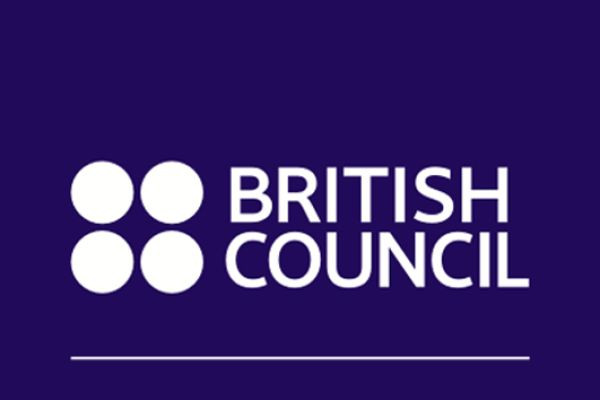Despite decades of advocacy for gender equality, women in higher education across Africa continue to face systemic discrimination, harassment, and exclusion from leadership roles, according to a new study conducted by the British Council in partnership with the African Network for Internationalisation of Education (ANIE).
The report, titled “Higher Education Gender Analysis: Access to Employability and Entrepreneurship Opportunities,” was presented at the 16th Quadrennial General Conference of the Association of African Universities (AAU) held in Rabat, Morocco.
The study examined gender dynamics in higher education across Ghana, Kenya, Nigeria, and South Africa, identifying deeply rooted institutional and socio-cultural barriers that continue to restrict women’s participation and advancement in academia.
According to the findings, gender policies in many African universities remain poorly understood, inconsistently implemented, and weakly enforced. As a result, women in academia and female graduates often face harassment, limited access to leadership opportunities, and higher unemployment rates than their male counterparts.
“The findings are sobering. Women in higher education still face discrimination, harassment, and exclusion from leadership positions,” the report stated.
“Where gender policies exist, they remain poorly understood and rarely enforced. Socio-cultural norms continue to prioritise boys’ education, contributing to early marriages and school dropouts.”
The research calls for a comprehensive reform of higher education systems across the continent, recommending robust anti-harassment procedures, gender-responsive policies, and student support services such as childcare facilities and flexible learning options.
It also advocates for affirmative action in admissions and faculty recruitment, targeted scholarships, and dedicated funding for female students and entrepreneurs, alongside investments in digital skills, entrepreneurship education, and gender-sensitive institutional frameworks.
According to the report, sub-Saharan Africa still has the lowest higher education enrolment rate globally—about 10%, compared to a global average above 40%. Additionally, 60% of young people who are not in education, employment, or training are women, underscoring the magnitude of gender disparity in access and opportunity.
The study applied the Accountability for Gender Equality in Education (AGEE) framework—developed by UNESCO—to ensure that the findings were evidence-based, intersectional, and sensitive to factors such as class, ethnicity, and geography. The AGEE model helps governments and institutions identify, monitor, and address gender inequalities through data-driven policy and institutional accountability mechanisms.
The British Council and ANIE emphasised that achieving gender equality in higher education is not just a moral imperative but a strategic necessity for Africa’s future.
“We cannot afford to leave half our talent behind,” the report concluded. “Now is the time for universities, governments, and industry partners to act decisively—to transform access into empowerment and ambition into opportunity. Women must be recognised as the architects of Africa’s next chapter of growth.”
follow us on whatsapp
https://whatsapp.com/channel/0029VaAOIUe9mrGeBhrju12b
Download our Mobile App for easy access
https://play.google.com/store/apps/details?id=com.edutvmobile.ng&hl=en
Mobile App Lite
https://play.google.com/store/apps/details?id=com.edutvng.lite
https://play.google.com/store/apps/details?id=com.edutvmobile.ng&hl=en
Follow us on Youtube
https://youtube.com/@edutvnigeria
Follow us on LinkedIn -
https://ng.linkedin.com/company/edutvnigeria
Follow us on Instagram
https://instagram.com/edutvnigeria
Follow us on Facebook
https://www.facebook.com/edutvnigeria/









